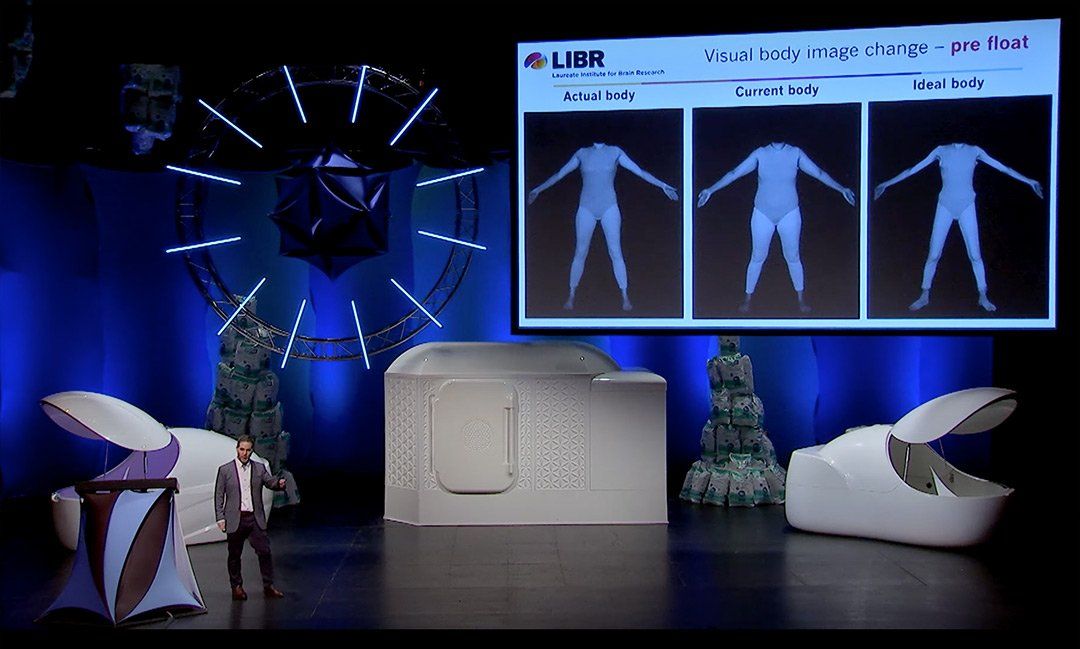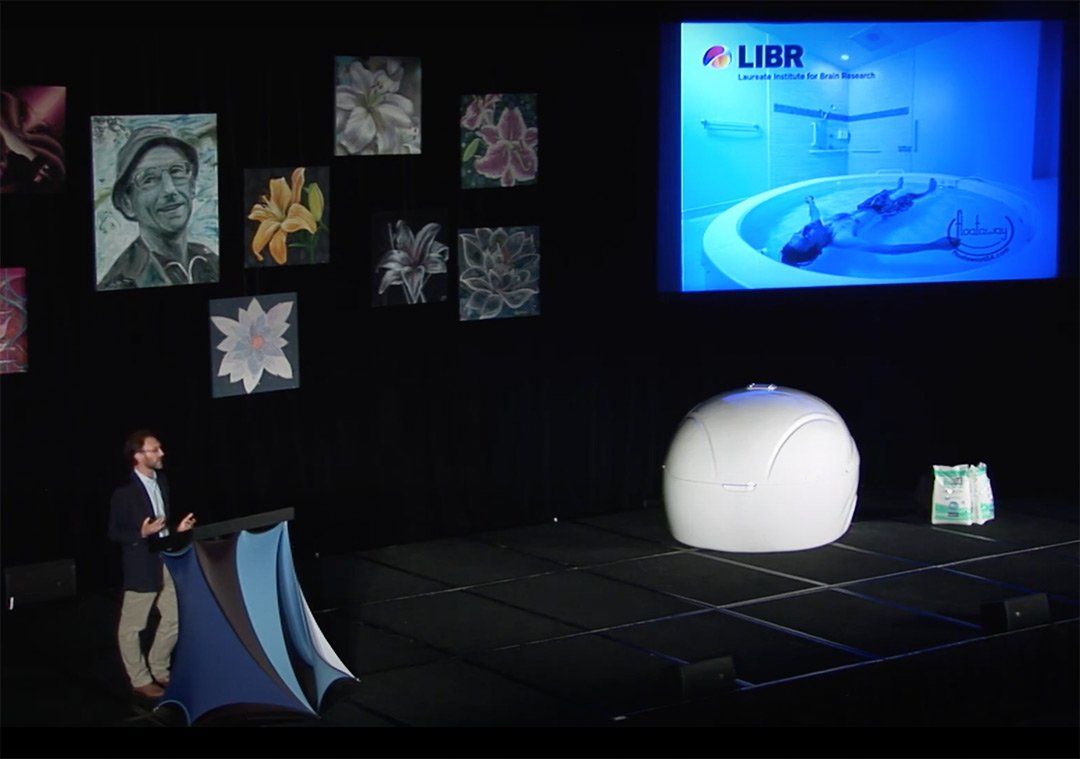More recently, they’re being joined by a new non-profit, The Float Research Collective (FRC). The FRC was created by Dr. Justin Feinstein, who previously helped to found and head the float laboratory at LIBR. With the Float Research Collective, Dr. Feinstein wants to do two things: create a new, dedicated float research lab and cultivate a network of float centers who can contribute data from their own tanks. Through this, the FRC aims to combine classical lab research with a huge collaboration of citizen science to advance our understanding of floatation.
Both organizations are attempting new, robust studies with hopes of creating a renaissance of float research. If you’re curious about any of the previous, peer-reviewed studies on floatation, the FRC has a public list available. Even just in the past several years there have been some very large strides forward in research of floating to help treat anxiety (one of the most prevalent mental disorders) and anorexia (the deadliest mental disorder).




















